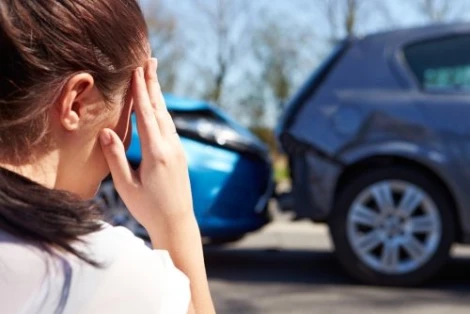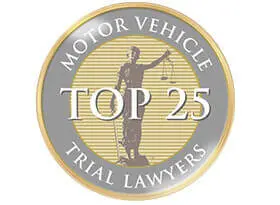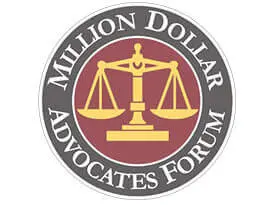
According to the most recent data released by the National Highway Traffic Safety Administration (NHTSA), in 2015, there were nearly 6,300,000 non-fatal crashes in the United States, and 1,715,000 injury accidents – that’s a LOT.
It’s a known fact among scientists and researchers: your chances of being in at least one car wreck during your lifetime are very high, and significantly higher than your chances of being in an airplane crash.
With the above in mind, it’s important for all drivers to understand how to conduct themselves in the event of a crash, because if they say and do the wrong thing, it can negatively affect their personal injury case, as well as many aspects of their life.
Just think, if you’re in an accident and you automatically admit fault (when it wasn’t your fault), and your admissions lead to a greatly reduced settlement, how would that affect your family’s finances? It’s mistakes like this that can have long-lasting consequences.
What not to say and do if you’re ever in a car accident:
- Never admit fault. Even if you think you’re at fault, it doesn’t mean you are. You must resist the urge to say, “I’m so sorry, it’s all my fault!” If you admit fault, even if you aren’t, the insurance company will use your statement to try and reduce the policyholder’s (the other driver) responsibility and in effect, the amount of your settlement. Whatever you do, don’t admit fault, instead leave it to the insurance companies to figure out.
- Do not speed away from the scene. We get it, car wrecks can be nerve-wracking events that send your adrenaline rushing and your heart racing, but you must fight the natural “flight or fight” response. If you flee the scene of an accident, even if you aren’t at fault, you could face criminal charges for hit and run. Remember, by law, you are legally required to stop and check to see if anyone was hurt and call an ambulance if one is needed. You are also supposed to remain at the scene and exchange information with the other driver(s).
- Don’t forget to call the police. Police reports are important; don’t exchange information with the other driver and fail to call the police. If the other driver is clearly at-fault, the police may ticket him or her for “running a red light” or “failing to yield the right of way.” If the police issue the other driver a ticket for violating a traffic law, it will help your case and speed up the claims process. Always call the police so they can write a police report.
- Don’t lie if you’re on something. If you were under the influence of a prescription medication at the time of the crash, don’t lie about it. Drivers can be subjected to chemical tests after an accident so there is no point in lying if you’re on something. Lying only discredits you and weakens your case.
If you were injured in an auto accident in Marietta, we urge you to contact Jones & Swanson for a free case evaluation. To learn more about your case results, click here!










